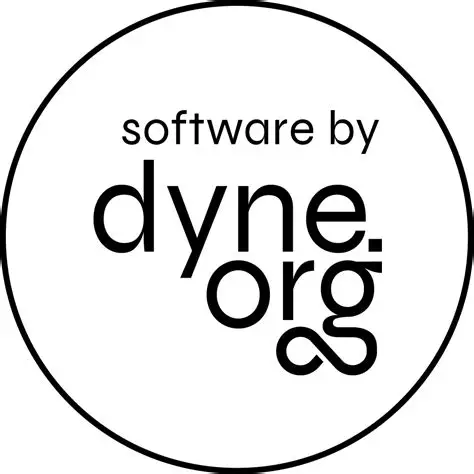Awesome
oo oo dP
88
dP .d8888b. 88d888b. .d8888b. 88d8b.d8b. .d8888b. dP 88
88 88' `88 88' `88 88' `88 88'`88'`88 88' `88 88 88
88 88. .88 88 88. .88 88 88 88 88. .88 88 88
88 `88888P8 dP `88888P' dP dP dP `88888P8 dP dP
88~ooooooooooooooooooooooooooooooooooooooooooooooooooooo
odP your humble and faithful electronic postman
Privacy enhanced terminal application for off-line E-mail management
Updates on: https://dyne.org/software/jaro-mail
INTRODUCTION
Jaromail is an integrated suite of interoperable tools for GNU/Linux, Apple/OSX and MS/WSL to manage e-mail communication in a private and efficient way, without relying too much on on-line services, in fact encouraging users to store E-Mail locally and remove it from servers.
Rather than reinventing the wheel, Jaromail adopts a set of robust free and open source tools and integrates them automatically. It also comes with a complete usage manual.
Overview of internal components:
| executable | function |
|---|---|
| ZSH | Shell interpreter |
| Neomutt | Mail User Agent |
| mSmtp | Mail Transport (send) |
| Fetchmail | Mail Transport (receive) |
| Vim | Mail editor |
| Mblaze | Maildir manipulation |
| GnuPG | Encrypt and sign |
| Mixmaster | Anonymity |
| Notmuch | Local Search engine |
| ABook | Local Addressbook |
| Elinks | HTML rendering |
Jaromail architecture diagram:

List of core features
- Privacy by design to facilitate local storage and backup
- Helps to empty an on-line INBOX, free space and avoid bills
- Supports strong encryption and signing messages (gpg)
- Minimalistic and efficient interface with message threading
- Targets intensive usage of e-mails and mailinglists (neomutt)
- Stores E-Mails in a very reliable UNIX format (maildir)
- Integrates filtering locally as well remotely with (sieve)
- Implements graylisting to filter known and new contacts
- Can do search and backup by advanced expressions (notmuch)
- Automatically generates filter rules (sieve)
- Imports and exports VCard contacts to addressbook (abook)
- Computes and shows statistics on mail traffic
- Encrypted password storage OS independent (pass)
- Advanced analysis tools and address extraction (mblaze)
- Group contacts into secret BCC: lists of recipients
- Checks fingerprints of SSL/TLS server certificates
- Can send anonymous emails (mixmaster)
- Renders HTML with links, without images (elinks)
- May run on a remove machine connected via terminal (ssh)
- Many languages! so exotic! such UTF-8!
- Multi platform: GNU/Linux/BSD, Apple/OSX, Microsoft/WSL
- Old school, used by its author for the past 20 years
Install
Make sure you have installed the following dependencies on your operating system, they should be named in a similar way across distributions, here below the names of the packages are referring to those found in APT distros:
fetchmail msmtp neomutt notmuch pinentry-curses abook \
wipe mblaze vim netcat-traditional
To compile and install jaromail on your system as root:
make install
When Jaromail is installed system-wide, the JAROMAILDIR
environmental variable can be changed to point to where all emails
will be stored, by default it is $HOME/Mail.
Read the manual:
man jaromail
Usage
For a brief overview see the commandline help:
jaro -h
When in doubt, make sure you read the Jaromail usage manual.
Note for experienced Mutt users: keys will be familiar, but there are things to learn in the manual on how jaromail enhances the workflow.
Developers
All development happens on github.com/jaromail
We are reachable on many Dyne.org chats and channels.
License
Jaromail is Copyright (C) 2010-2023 by the Dyne.org foundation
Designed, written and maintained by @jaromil
This source code is free software; you can redistribute it and/or modify it under the terms of the GNU Public License as published by the Free Software Foundation; either version 3 of the License, or (at your option) any later version.
This source code is distributed in the hope that it will be useful, but WITHOUT ANY WARRANTY; without even the implied warranty of MERCHANTABILITY or FITNESS FOR A PARTICULAR PURPOSE. Please refer to the GNU Public License for more details.
You should have received a copy of the GNU Public License along with this source code; if not, write to: Free Software Foundation, Inc., 675 Mass Ave, Cambridge, MA 02139, USA.
